A few years ago, actor Vijay Raaz directed ‘Kya Dilli Kya Lahore‘, an intriguing and ironic partition-era film about an Indian Army cook (Manu Rishi) and a hot-headed Pakistani soldier (Raaz himself) caught in cross-fire at the border. Through the ordeal, they discover a human connection that goes far beyond patriotism and loyalty to one’s country. To write a feature-length movie around this one situation and a single cabin isn’t an easy task, which is when — with a little more research — we discovered that its writer, Aseem Arora, was no one-time wonder. He has been around and back.
This brief chat with CHINTAN BHATT gives you an insight into his 13-year old career, his fascination with the Army, and how he has learned to approach his craft differently.
Can you tell me a bit about your background?
I did my schooling from Sainak School Sujanpur Tira and Ramjas School Pusa Road (Delhi). I basically wanted to get into the NDA (National Defence Academy) to join the Indian Army, but my eyesight went bad when I was at Sainik School. It was unfortunate, and I had no choice but to abandon the army dream. So I did my graduation through correspondence for Delhi University (DU), and I was also doing a lot of theatre alongside. Simultaneously, I worked with Airtel and Times Of India part-time, to make money to shift to Bombay.
And you did that.
Yes. At the end of 2001, I made the move and started working as an assistant director on TV shows. I did a couple of thrillers, and assisted directors like Anshuman Kishore Singh, Nishikant Kamat and Sohail Tatari on their shows. Then I assisted on a film called ‘Dhoop’, directed by Ashwini Chaudhary. That’s where I learned what the world of films is like, and that’s also when I started writing. In 2007, I got my first writing assignment. I co-wrote the screenplay and dialogues of ‘Nanhe Jaisalmer’. Mr. Sunny Deol really loved the film, and its director Samir Karnik recognised that we had the scope to collaborate on more films. Because of my army background, I had this faint story idea which eventually translated into this film called ‘Heroes.’ It was made over a period of two years, had lots of ups and downs. The film did fairly well in single screens, which was tragedy of sorts, because it was meant for multiplex audiences. But I learned enough about my own craft. By the end of Heroes (and mostly around its second half), I realised that my writing had become little too preachy. Then I happened to meet Mr. Anurag Basu. He was toying with the idea of Metro-2 at the same time, and wanted me to co-write the screenplay with him. He suggested that I write for television shows, which was a shocker for me, because I had just shifted from TV to films, and here he was advising me to go back. This was when he told me that to date he shoots for TV, because it is a great learning medium. According to him, you learn how to handle those typical cliche moments and scenes differently — a challenge of sorts if you aren’t experienced enough — so TV allows you that tracking of formulas. So I wrote TV for 4 years, shows like Uttaran, and cult hit shows like Paanch and Channel V. Then I happened to meet Mr. Nikhil Advani. I wrote a film for his production house, and now I’m writing a film that he’s directing, and a TV show that he’s making.
…’Guddu Engineer’ is that film?
Guddu Engineer is a short that I wrote for him. There’s a separate feature-length film that I’m also writing.
You started as an assistant. Do you want to eventually become a director?
I do want to direct a film some day. I went into the market with my own scripts, but then there were the usual constraints: people wanted to buy my script without me attached as a director, because of the regular star-and-budget requirements. For around two years, I did struggle to make my own film. I realised by then that if I have to make it, I’ll make it right and hopefully without compromises. So I’d rather write for now, and if I find a good tuned-in producer, I’ll make it with him/her.
I remember Nanhe Jaisalmer getting quite a bit of critical acclaim back then. Did things change or get easier after that at all?
Before that film, I used to make calls to big production houses and there would be no replies. After Nanhe Jaisalmer, and especially after Heroes (which also got me a Filmfare Best Story nomination), I broke through a bit. I could meet people. I could get a hearing. Then I also wrote a small film called ‘Kya Dilli Kya Lahore’, which got a fair bit of critical acclaim too. After all this, I learned that only once you break through with a decent production house, people start talking about you. They get to hear and read about your work. This doesn’t happen with the small-budget features, because the scripts don’t reach the right hands and rarely go anywhere.
As a writer, I’ve seen your films and there seems to be a certain milieu, a quintessentially Indian background, which you capture quite well. Are you aware of your backdrops, and do you consciously enhance them, or do you experiment till you find the right setting?
Yes, it’s intentional, but these things aren’t natural. I didn’t learn to do this overnight. I had tried my hand at rom-coms and even horror films. But I’m not from a film school, so it took me a while to understand the milieu and style and characters that I’m familiar with. I like writing about earthy Indian characters. It’s a stronghold of sorts; I wouldn’t call it my comfort zone, but I’m curious about environments that I’m willing to explore deeper. There’s also the obvious fascination that I have with uniforms. Whether it’s Heroes or Kya Dilli Kya Lahore, there’s a uniform that I’m communicating the story through. Same with the next couple of films I’m writing.
Do you think you’re getting better at exploring the complexities of layered narratives, of your style of back-and-forth storytelling?
I feel I am. I’m learning every hour, even today. When you meet the bigger and more experienced directors, you understand that people are not very interested in seeing what they have already seen before. And lately, people are watching a LOT more than they used to. They are exposed far more through many mediums like Netflix, Amazon and even hard-drives — with tons of downloaded movies and shows from all over the world — there’s barely anything that isn’t available. Invariably, these watchers will develop their own sensibilities, and know what a scene or episode will lead to. It’s a challenge to surprise them. With those 1500 episodes of TV that I’ve written, I feel like I’ve cracked a certain formula. Earlier, that wasn’t the case. I’d stick to one tried-and-tested classic way of going about my work. It was all I knew. I try to be a little more unpredictable now. I invest far more time in research and truly exploring a subject before getting underway.
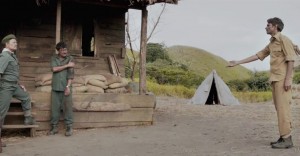
How was it working with Gulzar saab in Kya Dilli Kya Lahore?
Fantastic. I still remember that the first time we took the script to him, he said that this is the sort of zone and territory he does a lot of work in, and he might not be interested. Yet he took the script, said that he will go through it and let us know if it really interests him. And one fine day we received a surprising phone call; he said that he read the first 10 pages and couldn’t stop turning them after that. After that, we had a lot of sittings with him. He knows the world we were trying to touch upon; he has seen the partition with his own eyes. He gave us a lot in character and lingo inputs. Gulzar saab once told me something I’ll never forget: Even if you make a love story between a person and stone, and if you make it with conviction, you’ll get the emotions right and people with accept it.
Is this another way of thinking besides literature and theatre — where maybe we are evolving into another dimension or alternate reality — that, when you enter the medium of cinema, this conviction and awareness (like the time you realised your writing gets too preachy) takes precedence?
I’m still exploring this. I haven’t come to any conclusions as such. But I’ve made a conscious decision that I’d like to get into the kind of world the story is set in, I’d like to know those people for real. Once I know them for real, I would want to figure out what the scenes are like, how the story and emotions would flow. Then I would want to revisit these characters and understand how they would address a particular situation. That takes care of the cliches for me. Of course, the lingo is a big struggle; these days, lingo is taken too lightly. One-liners shouldn’t be the formula anymore. Without being mundane, and even without being those dramatic one-liners, they can be engaging. I think Hollywood does this best. They utilise dry and self-depreciatory humour, sarcasm, and yet know how to get across the point in a few words. You would like to really listen to these characters.
Rehearsals and actors are a big backbone of any film. Do you think Indian writers have any control over casting, rehearsals, or can they later contribute to this aspect at any stage?
Ultimately, how welcome the writers are completely depends on the production house. Some like Nikhil Advani’s company welcomes the writers on every front — be it the shooting floor, music studio, casting workshops, and the writers have a say. Mr. Vikramaditya Motwane is similarly good to work with. I haven’t faced such issues yet, but others may have.
There’s a lot of talk about financial rewards, respect and cuts/royalties for writers. Do you think the scene is changing?
It’s changing slowly, a snail-like pace actually. I really commend the efforts made by Mr. Javed Akhtar and others from the Writers Association fighting for a fair deal. But I think some producers seem to have cracked a formula to counter that. So the IPR (Intellectual Property Considerations) is still an issue, but there has definitely been movement.
Are you a narrator, or do you prefer people reading your script?
I’m okay with both. If an actor is reading the script and trying to based his/her decision based on the writing, it may not always work. I feel that there are writers who know their characters very well. When you hear them read it out — not narrate it, but read the script out — that gives you another dimension and perspective to the characters. A simple piece of dialogue can be said in different ways, and can have multi-layered facets. Various other factors, mood-swings can come into it. These nuances can’t be understood only by reading words on paper. So, script-reading is an exercise that should be welcomed.
Given the current political climate of the country, all the debates about nationalism and jingoism and patriotism, do you think you would have written ‘Kya Dilli Kya Lahore’ differently if you were making it today?
I might have tried to put the entire film in flashbacks. I cracked the idea way back in 2002-03. I still wasn’t a writer then, the struggle happened, moved through doors etc, so it became a 12-year journey on its own. But the film was and still relevant in a way. What I’m trying to say is, in the current climate, I would have tried to provide a perspective of how the Indo-Pak dynamics are today, and then I would have moved into a contrast — of how two people in that era addressed it.
Looking back, would you have done anything differently since you began? Any regrets?
Not at all. My learning has been while working — writing, being an associate and assistant director, observing. The best growth, or at least mine, has been through experience. All the struggle is part and parcel of becoming who you are. There’s nothing I would have changed.

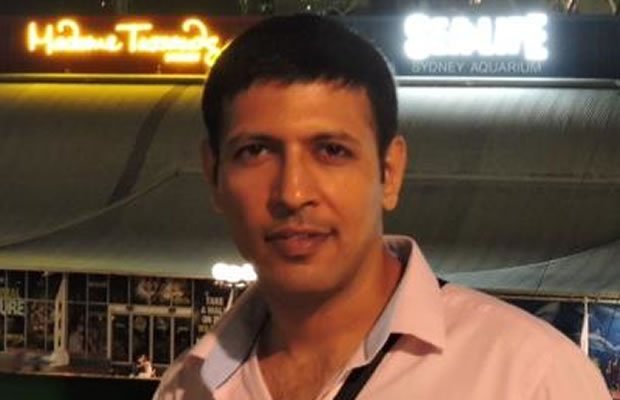

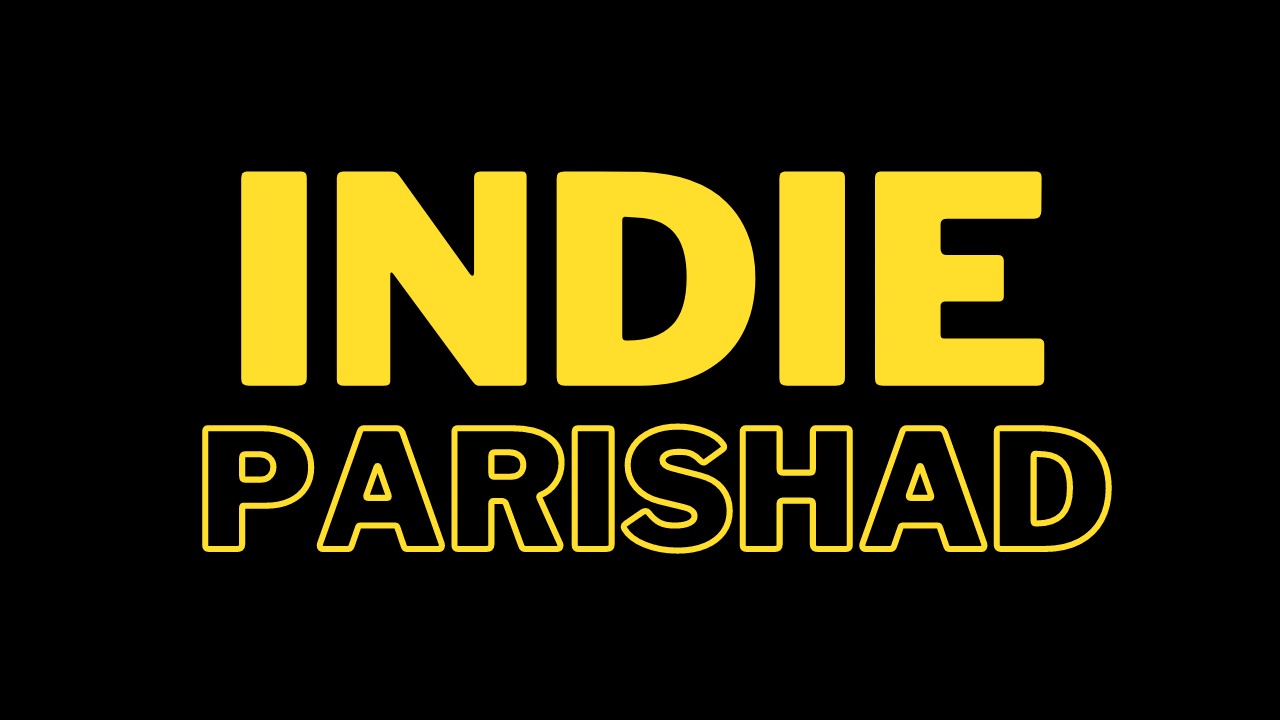
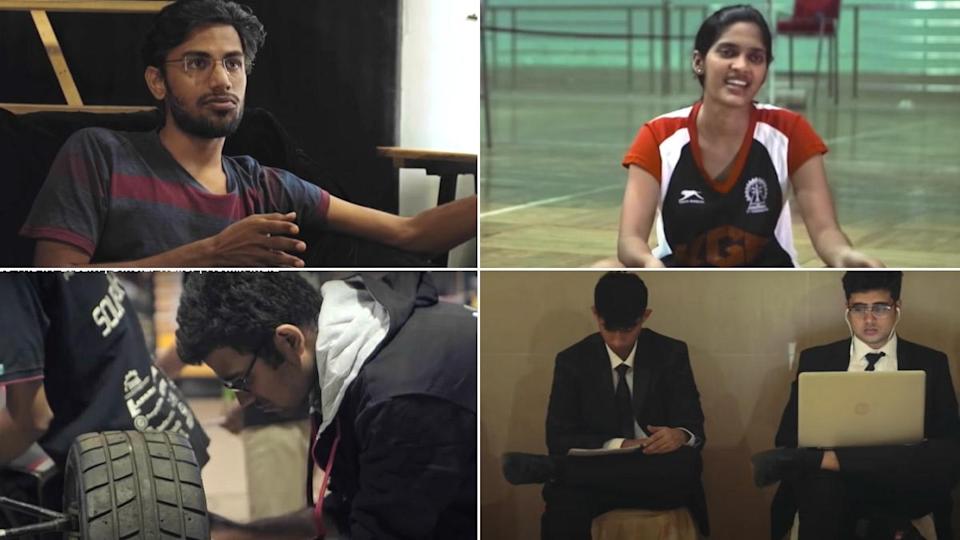
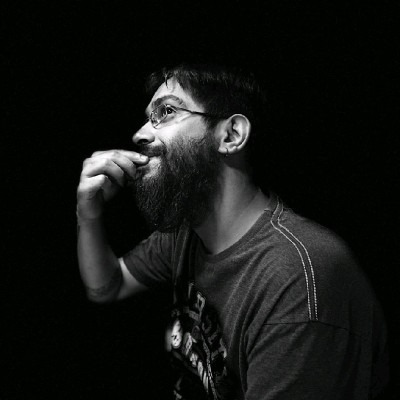



Leave A Comment
You must be logged in to post a comment.